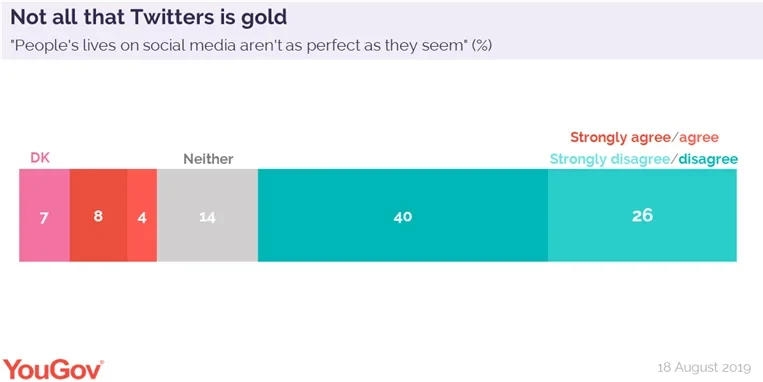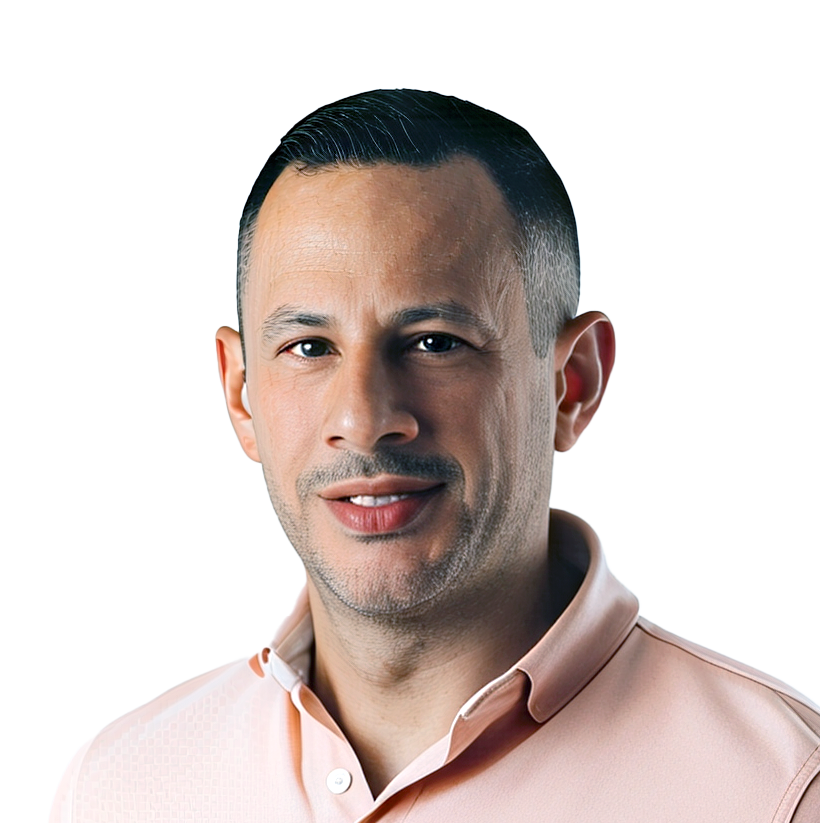Brits’ nearest and dearest are sometimes dishonest online, but most don’t mind
Dishonesty on social media is often associated with the rich and popular: the mid-tier celebrities who buy thousands of fake followers, the influencers who edit beautiful sunsets into holiday photos, and anyone else with a brand to maintain.
But new research from YouGov reveals that Brits expect less transparency from their friends and family on social media – and more from famous and powerful users. When asked if they had seen dishonest content from several groups that they follow online, 28% of users said it wasn’t important when it comes from friends, and 38% said it wasn’t important when it comes from family. By contrast, 24% said it wasn’t important for influencers to give an authentic account of themselves, and 22% said the same of celebrities.

Clearly, Brits are more forgiving of their nearest and dearest on social media. So why, when it comes to authenticity, do they hold them to lower standards?
Friends and family are less dishonest – and get more leeway
Across every major platform, the most common reason Brits use social media is keeping track of friends, while the second most common reason (across every platform besides Twitter) is to keep track of family. Brits also say they see less dishonesty in general from their loved ones: only 13% say their relatives are dishonest, while 72% claim they’re honest; the percentages are 19% and 67% respectively for their pals.
So it could be that social media users do see dishonesty from their friends and family – but don’t see it on the same scale as influencers, celebrities, business leaders, and other groups. It could also be that they’re more forgiving of it because it doesn’t necessarily harm anybody. If your schoolfriend lies in a tweet about her precocious toddler sharing some profound political insight it probably won’t have serious consequences; if a celebrity says they rapidly lost weight thanks to sketchy diet pills on Instagram, their dishonesty could have adverse health and financial effects for their followers.
So maybe our friends and family are simply less important, and can therefore be held to lower standards, than those who might have a financial or PR incentive for misrepresenting themselves on social media; with no power comes no responsibility. But an alternative and more charitable possibility is that our friends and family are honest most of the time – so we’re more lenient when they’re not.
Photo: Getty
Download the whitepaper here





